Members of Bethel — the 11,000-member northern California megachurch famous for elaborate healing services, Bethel Music and musician Sean Feucht’s nationwide worship protests against COVID restrictions — now hold the majority on the Redding City Council after November’s elections, according to nearly complete vote counts.
Bethel members Tenessa Audette, 45, a first-time candidate, and Jack Munns, 64, who first ran two years ago, will now join Bethel elder Julie Winter on the 5-member council.
Six evangelicals — three Bethel members and three members of The Stirring church, which has connections to Bethel — were among 10 candidates running for three open seats, according to Doni Chamberlain, editor of A News Café, a feisty local publication that expressed concerns about Bethel dominance. A non-Bethel incumbent up for reelection was the top vote-getter.
Redding is a city of 93,462 in Trump-red Shasta County, which has a population of 182,000. Both Bethel’s size and its commitment to Seven Mountain dominionism have gained it increasing local influence over the last decade as it seeks to create “heaven on earth.”
Pastor Bill Johnson, who became leader of the Assemblies of God congregation in 1996, described his view of the church’s role in society in “Invading Babylon: The 7 Mountain Mandate,” a book he wrote with self-proclaimed Trump prophet Lance Wallnau:
Your tax-deductible gift helps our journalists report the truth and hold Christian leaders and organizations accountable. Give a gift of $30 or more to The Roys Report this month, and you will receive a copy of “Hurt and Healed by the Church” by Ryan George. To donate, click here.
“Jesus instituted it as an army that brought transformation to society, starting with salvation and continuing with seven spheres of influence: Church, family, education, government, media, arts, and commerce,” they wrote.
“We are on the edge of the greatest revival of all time,” says Bethel’s website. Johnson, who publicly endorsed Trump in 2016 and 2020, teaches that part of that revival will come through ballot boxes.
Bethel’s theology and practices have long been controversial. Two closed Facebook groups — the 960-member Investigating Bethel Redding and the 1,800-member Bethel Affiliated Businesses — monitor and critique the church.
Redding residents are divided on the church’s impact on their city.
Some say the church has helped the city in many ways:
-
Members volunteer and serve throughout the city.
-
The large number of travelers who visit the megachurch and its five schools — Bethel Christian School, Bethel School of Supernatural Ministry, Bethel Conservatory of the Arts, Bethel School of Technology and Bethel Music College — helped attract nonstop United Airlines flights to Los Angeles.
-
When the Redding Civic Auditorium faced closure, Bethel created the nonprofit Advance Redding to lease the facility. The city approved a 10-year lease extension in 2021.
But some residents have grown frustrated with the megachurch’s combination of other-worldly theology and increasing this-worldly clout, as the appearance of “Buck Fethel” T-shirts show. Local critics oppose Bethel’s promotion of gay conversion therapy and its fight against COVID masks, vaccinations, and closures. There’s also concern that some church members are fanning secessionist movements and supporting militia groups in Shasta County.
While two of Bethel’s candidates won their races, former Bethel celebrity Sean Feucht was less successful in his worship-music-meets-campaign efforts on behalf of two Trump-endorsed candidates.
Christian nationalist Doug Mastriano of Pennsylvania lost his Senate race to his Jewish opponent, while Kari Lake lost Arizona’s governor’s race to the incumbent. Lake has claimed the vote was rigged and “B.S.” and is challenging the outcome. Feucht also worship-campaigned for Doug Lamborn, U.S. House member from Colorado Springs, who coasted to reelection.
This article, which originally appeared at MinistryWatch, has been corrected to accurately state details of a Facebook group.
 Steve Rabey is a veteran author and journalist who has published more than 50 books and 2,000 articles about religion, spirituality, and culture. He was an instructor at Fuller and Denver seminaries and the U.S. Air Force Academy.
Steve Rabey is a veteran author and journalist who has published more than 50 books and 2,000 articles about religion, spirituality, and culture. He was an instructor at Fuller and Denver seminaries and the U.S. Air Force Academy.




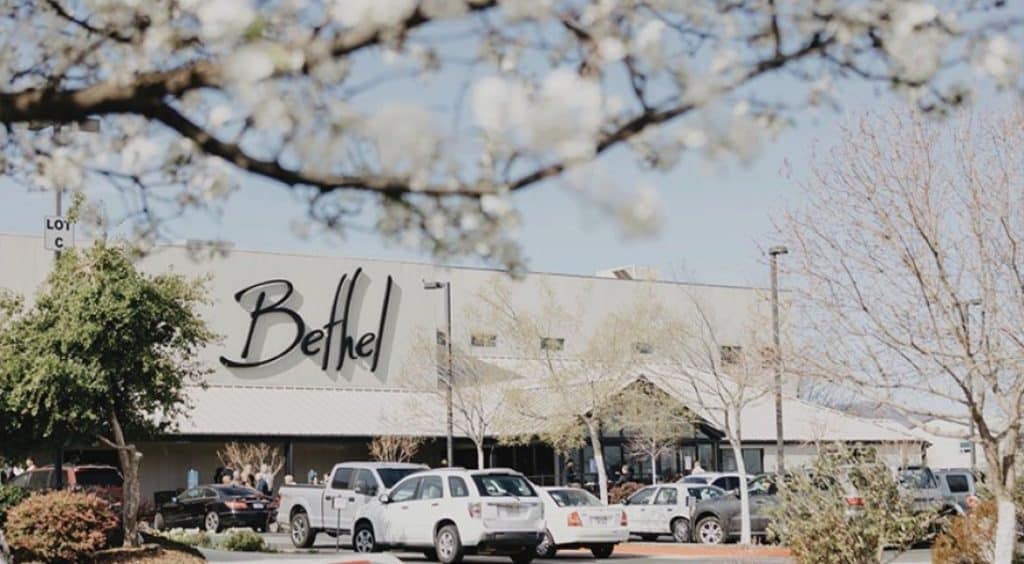
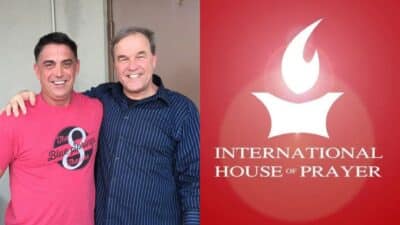
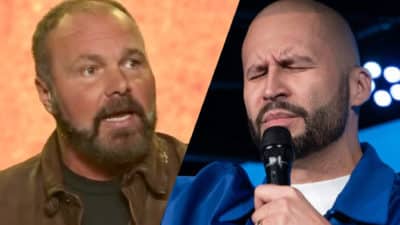


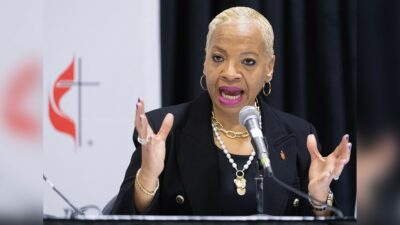



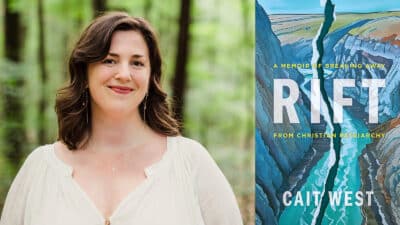






3 Responses
Bethel withdrew from the Assemblies of God in 2006. The wording in the article could lead some to believe that it is still in that fellowship.
I think they are going to be disappointed after they find out that their positions will force them to be focused on municipal needs such as water, sewer, traffic issues and infrastructure needs, not drag shows and “woke teachers.”
Article VI, Clause 3 works both ways. That’s where it says, “…[N]o religious Test shall ever be required as a Qualification to any Office or public Trust under the United States.”
It doesn’t apply to the voters, who, not being state actors are free to manifest their religious bigotry against the members of Bethel Church as much as they can refuse to elect Jews. If the voters don’t like the way the city is run under the new city council, they can boot them out at the next election.